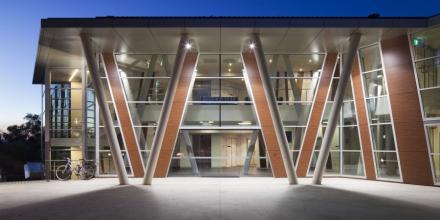The impact of social justice on economic performance

Event details
Seminar
Date & time
Venue
Speaker
Contacts
A large body of literature shows that institutions positively impacts economic performance. This study proposes that social justice which is an essential virtue of institutions also positively influences economic performance. Anil Kavuri builds the case that social justice affects capital, human capital and technology accumulation. This in turn positively drives economic performance. The hypothesis is empirically supported with a cross-sectional analysis of OECD countries and panel data analysis of EU countries. The results found by the author are robust under Instrument Variable (IV) analysis and numerous controls. The examination also determines that social justice contributes significantly to the traditional neoclassical model that relates output to the stock of human and physical capital. Consequently, the results imply that if a country such as Turkey is able to raise its rating to the level of Nordic countries (e.g. Norway), GDP per capita may increase from 10,000 USD to 56,000 USD.
Anil Savio Kavuri is a PhD Economics Scholar. His research focuses on building theoretical macroeconomic economic models that are dynamically optimised in order to uncover characteristics of world economies. Models involve leisure technology, consumption habits, endogenous technical change and interest rate determination. He graduated with a First Class Honours from University College of London being placed the top of the student body in Game Theory, Experimental Economics and Money and Banking. He holds an MPhil in Finance from University of Cambridge and Chartered Financial Analyst accreditation level I and level II, and also holds a master degree in Energy Management and Policy from Columbia University with a GPA’s of 4.13 in the energy concentration and 3.83 overall. After graduation, he undertook a short-term position as an Energy Project Finance Consultant at the World Bank in Washington, after which he obtained a position as a project financier in the Power and Utilities division of Scotia Capital on Wall Street. During his PhD, he visited the University of Leeds as a visiting researcher.
The CAMA Macroeconomics Brown Bag Seminars offer CAMA speakers, in particular PhD students, an opportunity to present their work in progress in front of their peers, and reputable visitors to showcase their work.
Updated: 20 October 2024/Responsible Officer: Crawford Engagement/Page Contact: CAMA admin










